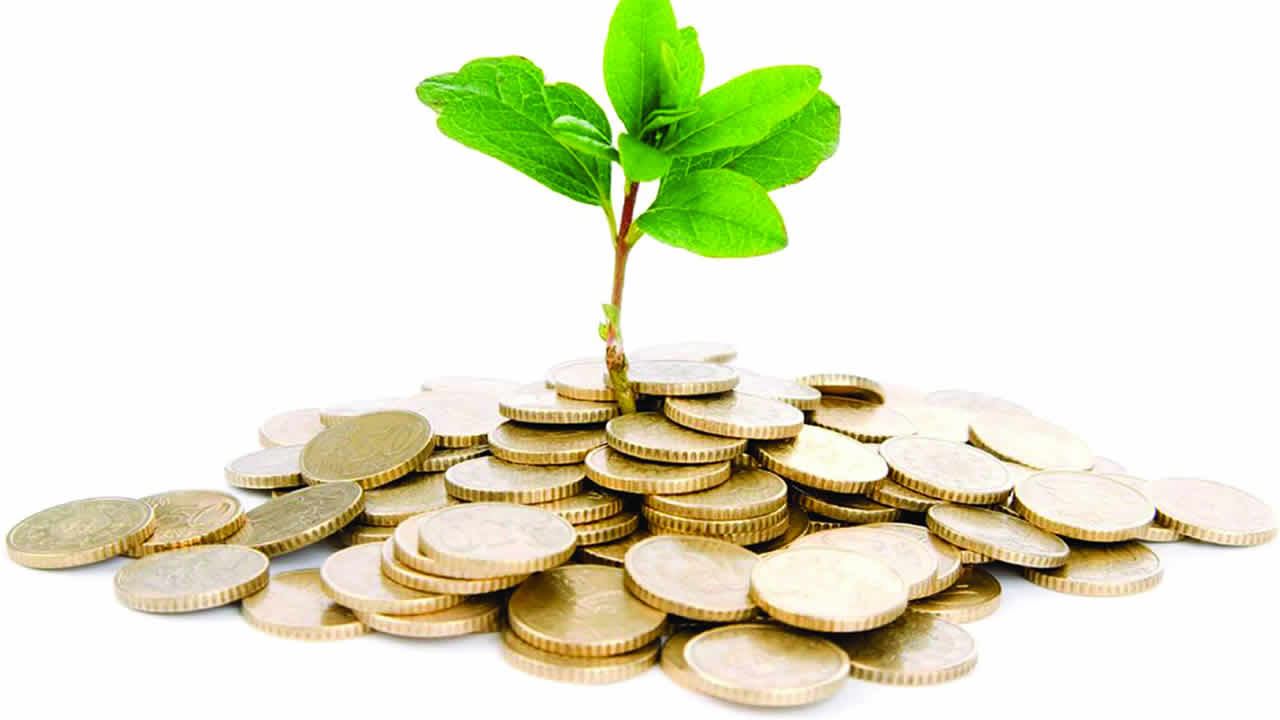
Green business development in Mauritius is indeed of highest importance, as we are in the context of one of our greatest global challenges, like the rapid growth of the world population. These challenges represent a major factor, which urges policy makers and enterprises to seriously ponder on novel ways of addressing the situation.
 Gray Maguire is the Green Economy Coordinator for the Department of Environmental Affairs and Development Planning at the Western Cape Provincial Government in South Africa. He holds a Bachelor’s degree in Development Studies, a post-graduate diploma in Poverty, Land and Agrarian Studies and an MSc in Inter-disciplinary Global Change. He has worked in sustainable development for over ten years in the private sector, including the project management and finance companies, NGOs and now, more recently, for the state sector.
Gray Maguire is the Green Economy Coordinator for the Department of Environmental Affairs and Development Planning at the Western Cape Provincial Government in South Africa. He holds a Bachelor’s degree in Development Studies, a post-graduate diploma in Poverty, Land and Agrarian Studies and an MSc in Inter-disciplinary Global Change. He has worked in sustainable development for over ten years in the private sector, including the project management and finance companies, NGOs and now, more recently, for the state sector.
He was in Mauritius last week to discuss Green Economy during a forum organized by the Ministry of Business, Enterprise and Cooperatives. News on Sunday approached him to give more details on Green Economy and how it could be applied in Mauritius to promote sustainable development. First of all, we asked him to give us a picture of the situation in the Cape, where he is currently working to promote Green Economy.
Current situation in the Cape
The Western Cape is South Africa’s major agricultural export area and most importantly, the international tourism draw-card, as well as being home to many prestigious tertiary education institutions, a key logistics node with two major ports, a major source of professional services for the national economy and a growing creative centre, recognised globally with Cape Town being awarded World Design Capital 2014.
The Western Cape Government initiated the ‘Green is Smart - Green Economy Strategy Framework’ in 2013, which is about achieving the double dividend of optimising green economic opportunities and enhancing environmental performance. The Western Cape is expected to be among South African provinces the worst hit by climate change, with increasing drought conditions in a region that is already water-stressed. Its largest employer, agriculture, faces a particularly challenging future as the viability of crops is threatened by climate change.
The Cape extraordinary biodiversity is also under threat from climate change, as well as growing human demands. Added to that, its natural assets are not properly priced as part of its economic infrastructure, putting them at risk of under-investment. This places tourism, an economic mainstay of the region, at risk, as it does for agriculture.
The strategy identifies five key sectors, residential and commercial, transport, eco-systems, agriculture and industry as focal areas for greening and a range of projects have been undertaken to improve the sustainability of these sectors resulting in decreasing energy, water, carbon and waste intensity per capita, while opening up new opportunities and for green business.
The possibility to apply this strategy in Mauritius
According to the expertise of Maguire, Mauritius has its own unique challenges and opportunities, but there is certainly room for cross-pollination of ideas and strategies. Leveraging state procurement can play a central role in signaling private business to innovate in new areas such as waste diversion from landfill, small scale embedded electricity generation, water efficiency and green building. The use of tax incentives and other fiscal tools such as strategic utility pricing can also create a fertile environment to stimulate green growth.
The current situation
Mauritius is largely in an advantageous position with regards to its current environmental footprint; however, there are key areas that require specific attention. Initial successes such as the national energy efficiency programme and the shift towards renewable energy production should be used as a springboard to identify opportunities in key green economy sectors, particularly with regards to waste management and eco-systems based climate adaptation which will take on more and more prominence as climate impacts become more severe.
Sustainable Development Goals (SDG’s) and Paris Agreement
“The Paris agreement and the Sustainable Development Goals are progressive goals to turn the tide of environmental degradation that is currently taking place around the globe, but the global economy is an enormous engine made up of millions of moving parts,” Maguire says.
“Much of the knowledge base required to effect the change to a sustainable global economy already exists, but the pursuit of never-ending economic growth requires pulling more and more people into high consumption lifestyles. If we are to elevate the quality of life of the bulk of humanity, we must rapidly move towards a circular economy that obeys the fundamentals of the planets productive boundaries. This requires changes not only from producers, but from consumers as well who need to understand the power of their spending with regards to changing companies behavior,” Maguire told this paper.
 J'aime
J'aime














